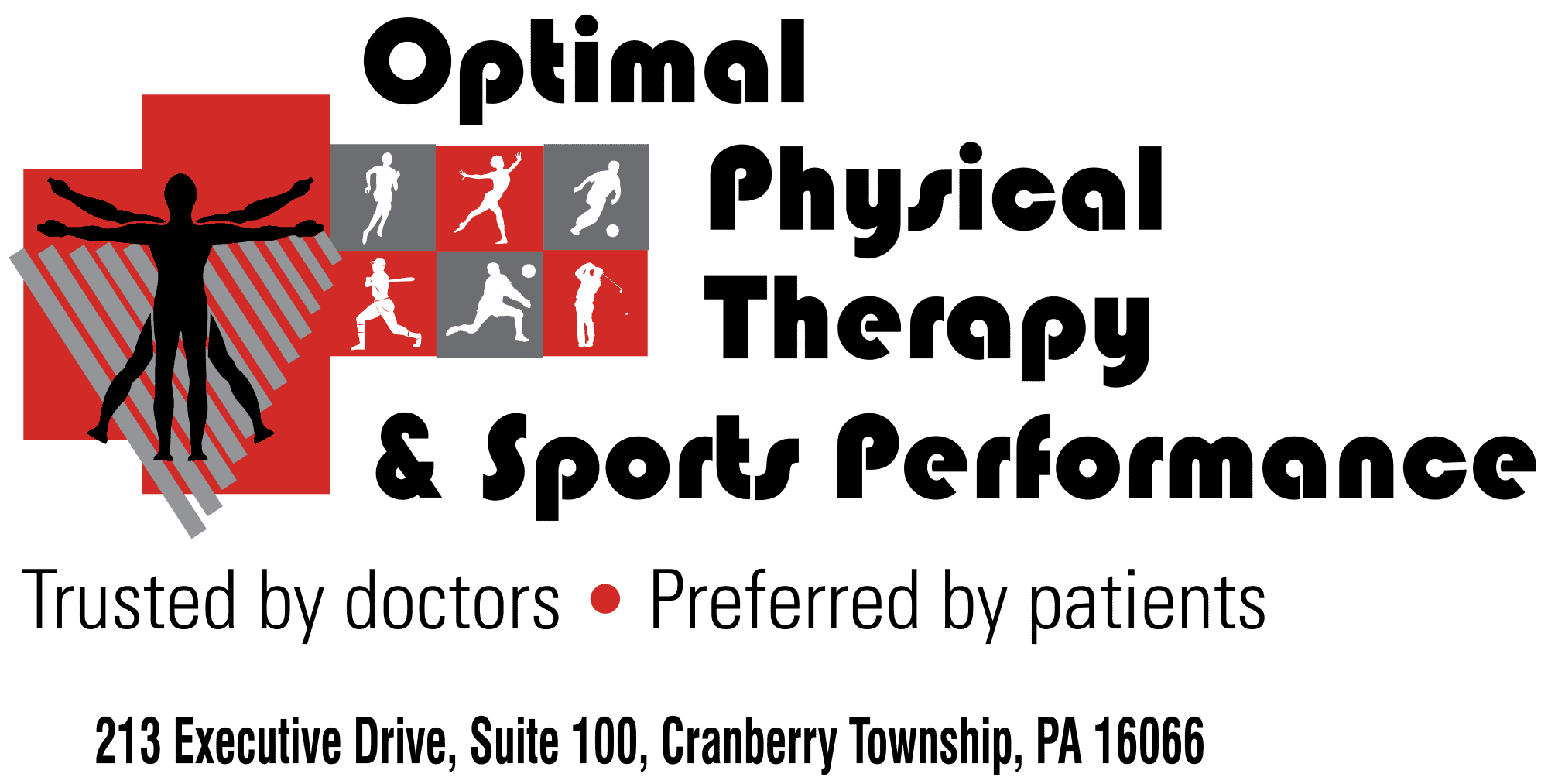WHAT IS PREHAB?
Prehab is basically participating in therapy before undergoing surgery. Most people think that therapy or rehabilitation as a way to treat an injury or regain function after a surgery. Sometimes it is even helpful to help someone avoid surgery. But what if you definitely need a surgical procedure? Are there some preparatory things that can be done to assist you? Absolutely!
The more fit you are going into a procedure, the higher level of function afterwards. Prehabilitation is also known as presurgical rehabilitation and preventative rehab or “prehab”. It is defined as a process of improving the functional capability of a patient prior to a surgical procedure so that a patient can withstand any post operative inactivity and decline.
EXAMPLES OF PREHAB
Some examples of this type of care are found in people who are scheduled to undergo a surgical procedure for cancer, cardiac issue or surgery for spine or joints. Sending patients to therapy before surgery to strengthen the body and to learn what to anticipate after surgery is helpful. For example, it is much easier to learn how to walk correctly with crutches or a walker when you are not groggy after surgery. It is also much easier to learn and complete the exercises that will be needed to do following surgery.
Would you run a marathon without training? Prehab is a treatment process to train your body ahead of surgery so that recovery is smoother and successful. It is a method to strengthen everything that can be strengthened prior to surgery. Therapists can identify weak links in your body and maximize these areas to improve. An example of this may be that you need a left knee replacement but your right leg is also weak. Strengthening your right leg is preparatory pre surgery so that when you need to unload the surgical leg, your right leg will be stronger and able to do what you need it to do until your left knee heals better.
TYPICAL PREHAB PATIENT
The most common type of patient that we see for Prehab is someone who has a joint replacement procedure scheduled. This type of surgery is not easy but necessary so that patients can return to a pain free functional active state. There have been many studies that show patients who undergo prehab before joint procedures require less inpatient care, returning home faster than patients who do not do prehab.
After participating in Prehab, patients already know what is expected after surgery as far as specific exercises, precautions, how to move with devices. This goes a long way to alleviate anxiety about the procedure and what to expect afterwards. Uniting this mental component with improved range of motion and strength can be incredibly beneficial. Identifying where you are weak ahead of surgery and addressing it presurgically will speed recovery. The most common joint replacement procedures we address in the clinic include hip, knee and shoulder replacements.
Each Prehab in Individualized
Each patient needs individualized prehab. A physical therapist needs to consider any previous surgeries, injuries or health conditions you may have to design the appropriate prehab for you. A customized therapy approach is key.
For patients worried about insurance coverage with PT visit limits, our therapists will consider the insurance plan you have and give you the most condensed, effective plan considering saving visits for when you need them the most after surgery. Typically we tend to see patients 1-3 times before surgery. Some of the prehab exercises are the same after your procedure. You are able to jump right back into therapy that is familiar to you. We are also happy to work with patients who have other medical conditions who may require a longer prehab focus.
Call us if you have questions about this topic
If you are interested in this concept for your current health condition, please discuss with your doctor or surgeon. We would also be happy to answer any questions you may have. Contact us at 724-779-1300. We wish you the very best outcome. We would love to be part of your team.



